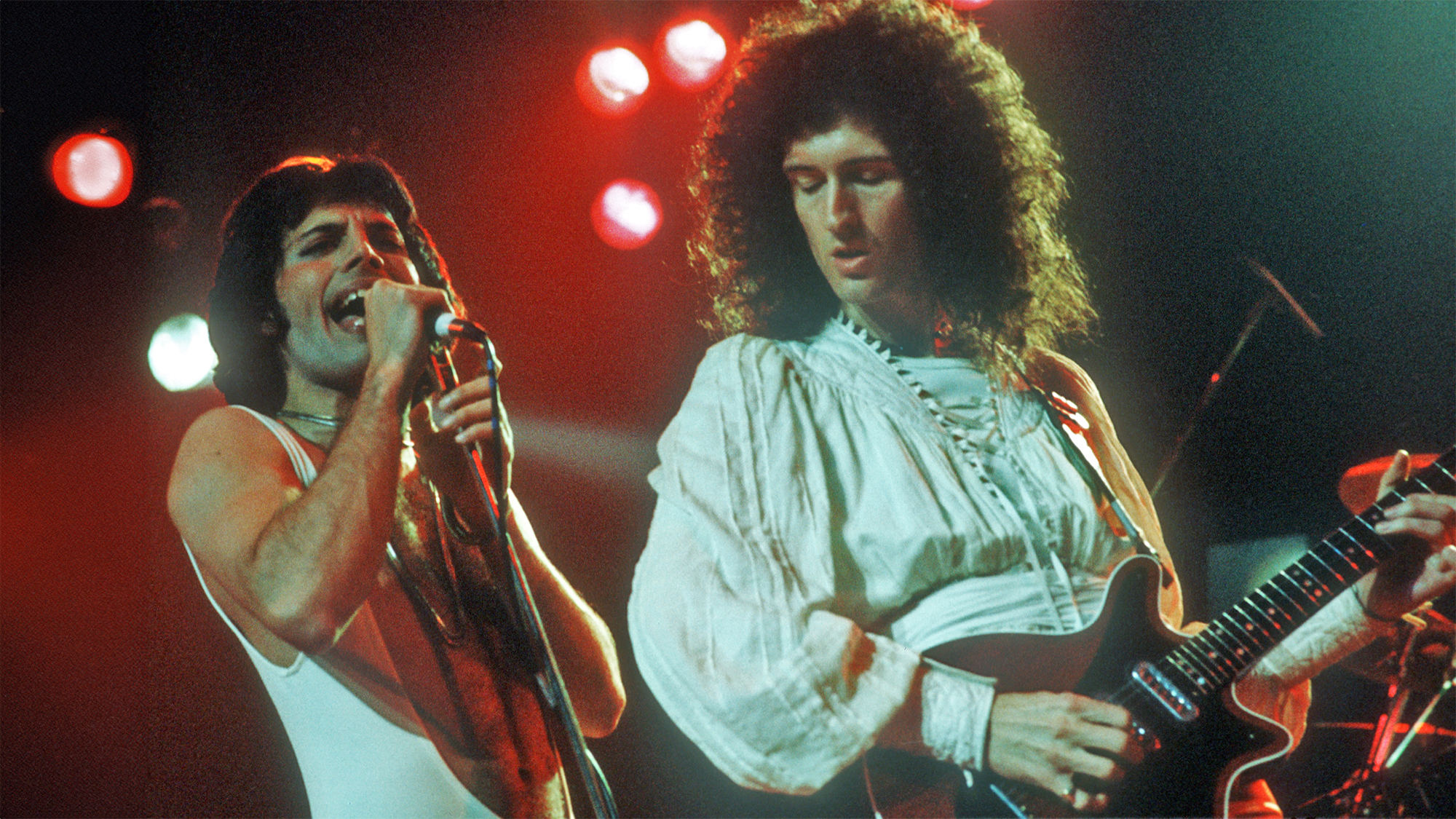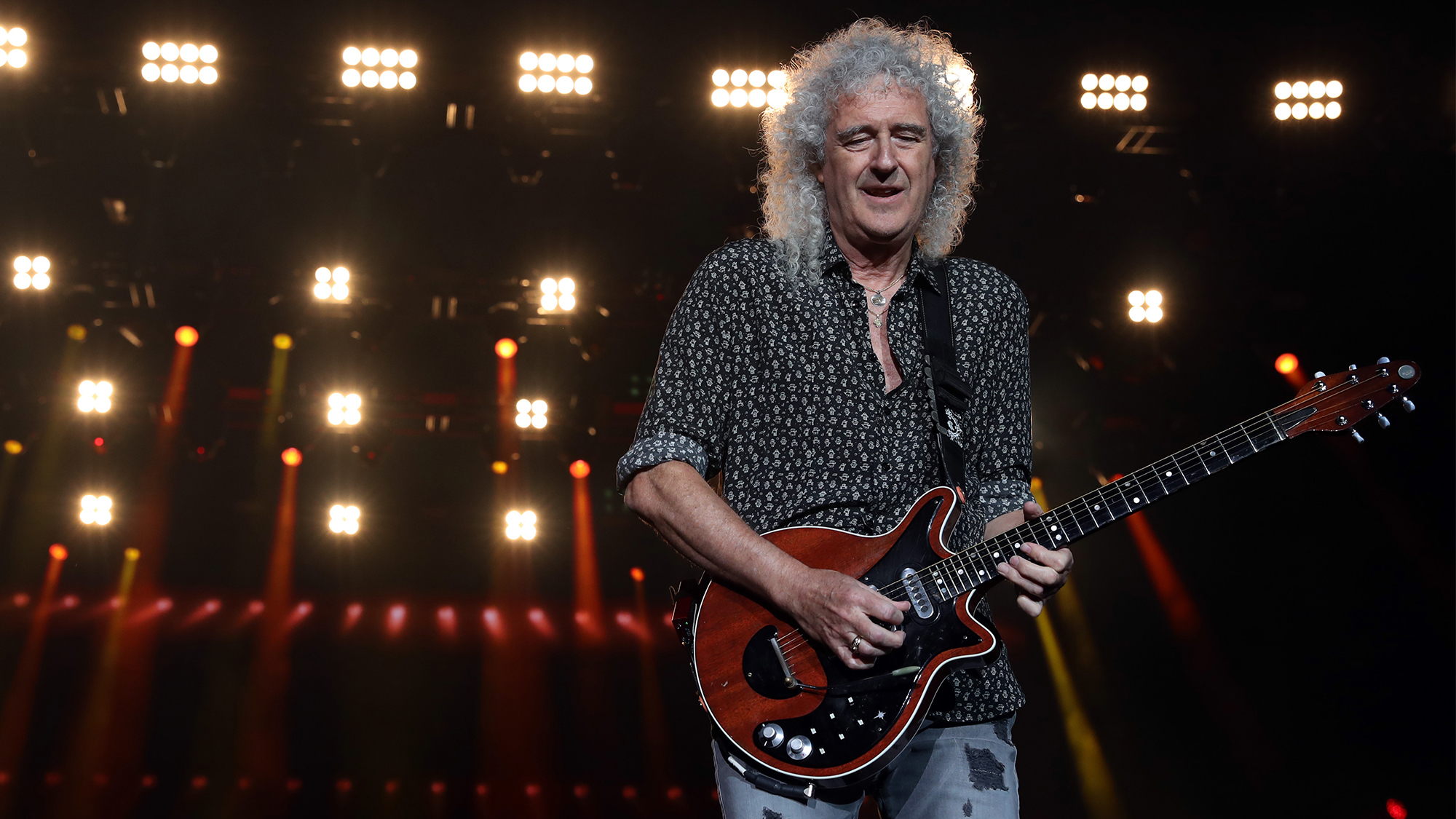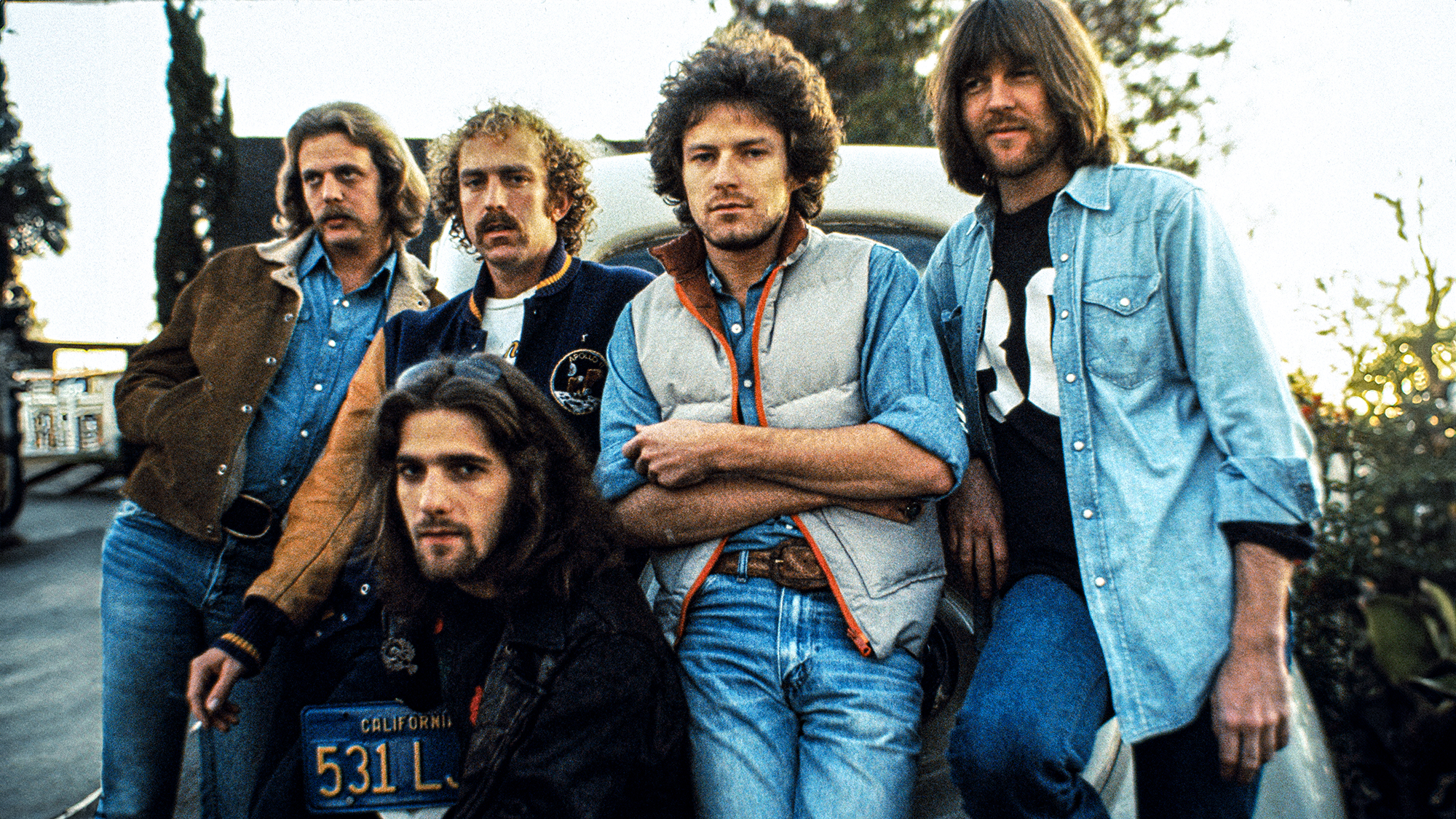“It's never that easy to play, even after all these years.” Brian May on the Queen song that requires him to “keep my wits about me”
As the celebrated track turns 50, May says he has no desire to tour but is considering a residency for the band at the Las Vegas Sphere

All the latest guitar news, interviews, lessons, reviews, deals and more, direct to your inbox!
You are now subscribed
Your newsletter sign-up was successful
As “Bohemian Rhapsody” reaches the half-century mark, it’s not getting any easier to play, says Brian May.
The Queen guitarist says the hit song is so complex that he has to “keep my wits about me” every time he plays it.
Clocking in at nearly six mantes, and containing several sections, including May’s own guitar solo, the song combines elements of balladry, opera and rock in one of contemporary music’s most beguiling — and challenging — musical works.
May, who was present while singer Freddie Mercury composed the tune, says he was inspired as he heard the song take shape.
“The idea for all the instrumental stuff in ‘Rhapsody’ was growing while I was listening to him developing the song,” May tells Rolling Stone. “Freddie had some amazingly lateral thought processes. It was always easier for me to play on his songs than mine, ’cause there was so much stimulation coming.”
Fifty years on, some stimulation is still required to play the song’s guitar parts. That includes his guitar solo. Recorded with his Red Special electric guitar into a Dallas Rangemaster treble booster, a custom-built Deacy amp and a "wet/dry/wet" setup of multiple Vox AC30 combos, May's big moment in "Bohemian Rhapdosy" is regularly cited as one of the greatest guitar solos in all of rock. Its presence in the song is entirely due to May saying he would like to, in effect, sing a verse on guitar.
But 50 years on, May says that, like the rest of the tune, it isn’t exactly ingrained in his muscle memory.
All the latest guitar news, interviews, lessons, reviews, deals and more, direct to your inbox!
“‘Bohemian Rhapsody’ is never that easy to play, even after all these years,” he admits. “I still have to keep my wits about me or I’ll fall off the train.”
Part of the complication is, no doubt, the layered vocal harmonies. As May reveals, they were inspired by none other than the Beatles, whose three-part harmonies on their recorded tracks were an inspiration for countless groups, from the Bee Gees to
Queen.In particular, May says the vocals in “Bohemian Rhapsody” were influienced by the Fab Four’s “Because,” a gorgeous, complex bit of sonic magic from 1969’s Abbey Road.
“We were transfixed,” the guitarist says. “I can feel the shivers going up my spine. We thought, ‘Oh, my God, that has to be the most daring piece of pure harmony we’ve ever heard.’”
In particular, May says the vocals in “Bohemian Rhapsody” were influienced by the Fab Four’s “Because,” a gorgeous, complex bit of sonic magic from 1969’s Abbey Road.
We thought, ‘Oh, my God, that has to be the most daring piece of pure harmony we’ve ever heard.’”
— Brian May
“We were transfixed,” the guitarist says. “I can feel the shivers going up my spine. We thought, ‘Oh, my God, that has to be the most daring piece of pure harmony we’ve ever heard.’”
The Beatles achieved the effect by stacking their vocal harmonies in the studio to create an even bigger sound than its three creators — John Lennon, Paul McCartney and George Harrison — could alone. May says that technique was behind Queen’s decision to overdub their voices countless times to create a chorale effect.
But it wasn’t just “Because.” Even an older track like 1964’s mesmerizing “This Boy” was behind Queen’s effort.
“It was everything the Beatles did,” May says. “We were able to sort of take up where the Beatles left off.”

Although the 50-year anniversary of "Bohemian Rhapsody" — and the celebrated album on which it appears, A Night at the Opera — seems ample reason for a celebratory jaunt, May says he’s not keen on touring. Now 78 years old, May — who had a stroke in 2024 — says he prefers to be home.
“ I’ve had 50 years of touring and there’s a part of me that thinks it’s enough,” he says. “I don’t like the idea that you wake up in your hotel room and you’re trapped.
I sat there watching the Eagles, thinking, We should do this. The stuff that we could bring to this would be stupendous.”
— Brian May
“I had a few experiences recently where stuff happened at home with my family and I could not go home. It got under my skin and I just thought, ‘I’m not sure if I want this anymore.’ I feel like I’ve given up my freedom too many times.
“So my feeling at the moment is I don’t want to tour as such. I still want to play shows. I still want to innovate.”
To that end, May is eyeing a residency at the Sphere in Las Vegas. He said the venue’s 360-degree visuals inspired his idea to perform there after he saw an Eagles concert there earlier this year.
“I sat there watching the Eagles, thinking, We should do this. The stuff that we could bring to this would be stupendous.
“So, yeah, I would like to do it. We’re having conversations.”
Christopher Scapelliti is editor-in-chief of GuitarPlayer.com and the former editor of Guitar Player, the world’s longest-running guitar magazine, founded in 1967. In his extensive career, he has authored in-depth interviews with such guitarists as Pete Townshend, Slash, Billy Corgan, Jack White, Elvis Costello and Todd Rundgren, and audio professionals including Beatles engineers Geoff Emerick and Ken Scott. He is the co-author of Guitar Aficionado: The Collections: The Most Famous, Rare, and Valuable Guitars in the World, a founding editor of Guitar Aficionado magazine, and a former editor with Guitar World, Guitar for the Practicing Musician and Maximum Guitar. Apart from guitars, he maintains a collection of more than 30 vintage analog synthesizers.
